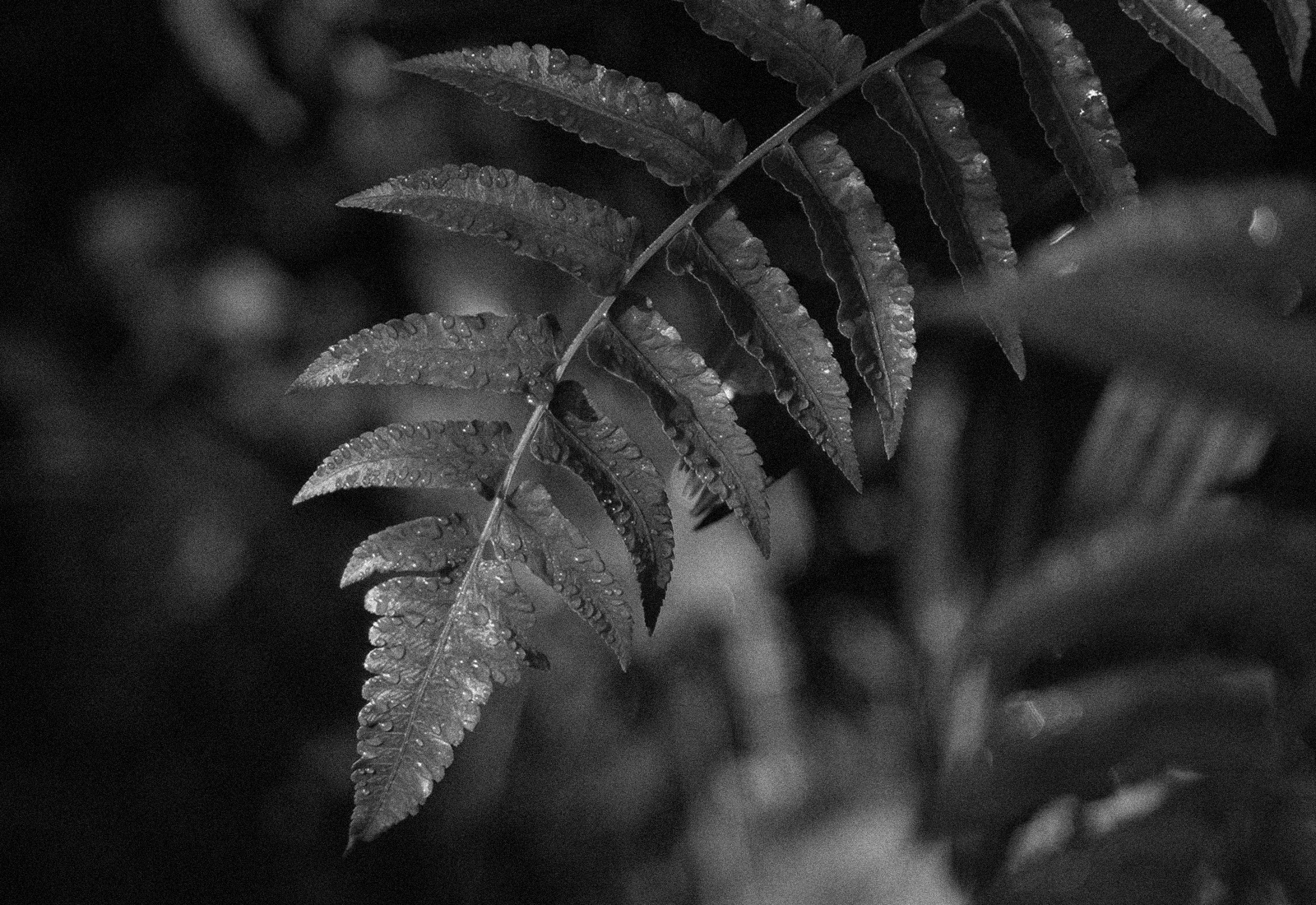INSPIRATION
The New Luxury:
Why Time, Silence, and
Slowness Matter More
Than Gold
The meaning of luxury is shifting. In Bali, it’s no longer defined by what you own, but by what you feel–time unmeasured, silence unbroken, and moments lived fully. The new luxury is slow, mindful, and deeply human.
OCTOBER 2025 • BY THE PUNCH EDITORS
In an age where everything quickens, the new luxury is to pause–to reclaim time, listen to quiet, and feel the weight of the moment again. The morning air in Ubud hangs heavy with dew. Somewhere beyond the mist, a rooster calls, answered by the low hum of cicadas. Inside an open-walled villa, light filters through bamboo slats, catching the steam from a cup of coffee. There’s no rush, no notifications, no noise–just the quiet rhythm of breath, water, and wind. In a world that glorifies motion, this moment feels almost rebellious. Around the island, travelers are learning to slow down. They rise with the sun, practice yoga in the jungle, share meals from regenerative farms, and fall asleep beneath starlit skies without the glow of a screen. Here, luxury no longer sparkles–it whispers.
For decades, luxury was defined by accumulation: marble bathtubs, imported linens, infinity pools reflecting the horizon. It was about separation–between traveler and place, service and self. But somewhere between the noise of airports and the fatigue of overconsumption, that ideal began to unravel. In Bali, the transformation feels almost inevitable. The island’s traditions have always honored balance, humility, and connection. The Balinese philosophy of Tri Hita Karana–the harmony between people, nature, and spirit–quietly guides daily life. Within this rhythm, time softens. Luxury takes on a new meaning: one that values peace over opulence, simplicity over spectacle.

Across the island, a gentler kind of hospitality is emerging–one rooted in intention rather than excess, depth rather than display.
Along the Ayung River, bamboo pavilions open to the sound of flowing water, inviting guests to reconnect through ceremony, stillness, and the ancient art of healing. In forested highlands, low-impact sanctuaries use natural springs and reclaimed materials to blend seamlessly with the earth, offering nourishment drawn directly from the soil.
On the cliffs of the south, villas crafted from antique wood and woven rattan merge contemporary design with the soul of the archipelago. Their beauty lies in restraint–a celebration of craftsmanship, texture, and time.
In villages surrounded by rice fields, family-run retreats practice true regeneration: no concrete walls, no artificial boundaries, only gardens that feed their kitchens and rivers that sing their own lullabies. These spaces remind guests that comfort doesn’t need to come at the cost of connection.
Across Bali, luxury is being rewritten–not as what can be owned, but as what can be felt. It’s found in the scent of rain on soil, the sound of a bell at dawn, the stillness between two breaths.
If the last century taught us to want, this one is teaching us to pause. The future of luxury lies not in scarcity, but in space–the space to think, to rest, to simply be. Bali has become a map for that future. Across the island, conscious hosts are building experiences that protect silence as tenderly as they preserve land. They offer connection instead of consumption, rhythm instead of rush. Here, time stretches. The world softens. The noise fades. And in that quiet, something ancient stirs–the realization that life’s richest moments are not loud or grand, but deeply felt. Because true luxury isn’t about having more. It’s about feeling more.
EXPLORE THE PUNCH

